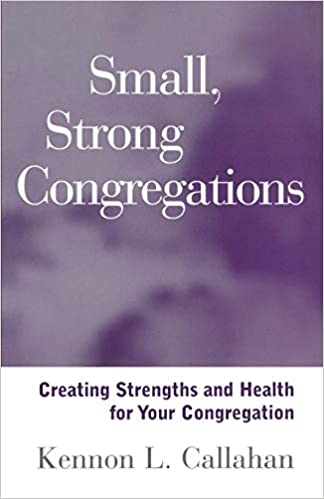How does one measure success in ministry? 8 out of 10 pastors will statistically never lead a church of more than 150 members, and every year thousands of God’s servants leave the ministry convinced they are failures. What are we to do? Years ago, in the midst of a crisis of faith, Kent Hughes almost became one of them.
This book describes their journey and their liberation from the “success syndrome” – the misguided belief that success in ministry means increased numbers. According to all the formulas, the church Ken Hughes planted should have been wildly successful. And in today’s world it is easy to be seduced by the secular thinking that places a number on everything.
Kent and Barbara first determined that the basic problem was their definition of “success”. After looking at the life of Moses in Numbers 20 where God told Moses to speak to the rock in order to give the people fresh drinking water instead we find Moses struck the rock twice. By all outward appearance Moses appeared to be successful as the people got the water that they wanted through a miracle, however God didn’t view the event same way as man did as God was looking for obedience to His word.
The authors of this book encourage readers that true success in ministry lies not in numbers but in several key areas: faithfulness, serving, loving, believing, prayer, holiness, and a Christlike attitude. Their thoughts will encourage readers who grapple with feelings of failure and lead them to a deeper, fuller understanding of success in Christian ministry.
Here is one resolution I would encourage you to consider making: regular prayer and encouragement for your pastor. Here is the conclusion of Kent and Barbara Hughes’s book, Liberating Ministry from the Success Syndrome, and thought it would be worth reprinting here:
Every pastor knows that the strength of the ministry rests on prayer, and that it is those faithful souls who pray regularly for him and the church who bring God’s special blessing upon the ministry. This fact invites a marvelous “what if” scenario. What if not just a few but the entire leadership and congregation prayed in detail every day for the pastor and their church? What would happen to his heart, to his preaching, to worship, to evangelism, to missions? Can there be any doubt that the minister and his people would know greater enablement than ever before in their lives?
Prayer is where the congregation must begin in this whole matter of encouragement. Will you make a personal commitment to encourage your pastor by daily prayer for him and his work? If so, we leave you with this suggestive outline, from which you can draw your own prayer list.
Pray that he will be a true success: that he will be faithful, true to God’s Word and hardworking; that he will be a servant, following the example of our foot-washing Lord; that he will love God with all his heart, soul, mind, and strength; that he will truly believe what he believes about Christ; that he will lead a holy life, and not succumb to the sensuality of our culture; that he will lead a life of deep prayer, following Jesus’ example; that he will have a positive attitude free from jealousy.
Pray for his ministry–for his preaching, for time to prepare, for understanding the Word, for application, for the power of the Holy Spirit in delivery, for Sunday’s services, for his leadership, for immediate problems he is facing.
Pray for his marriage–for time for each other, for communication, for a deepening love, for fidelity.
Pray for his children by name. Perhaps you might ask the pastor or his wife how they would like you to pray for their children.
Consider printing this out, placing it in your Bible, and putting this prayer into practice.
How to get this resource:




